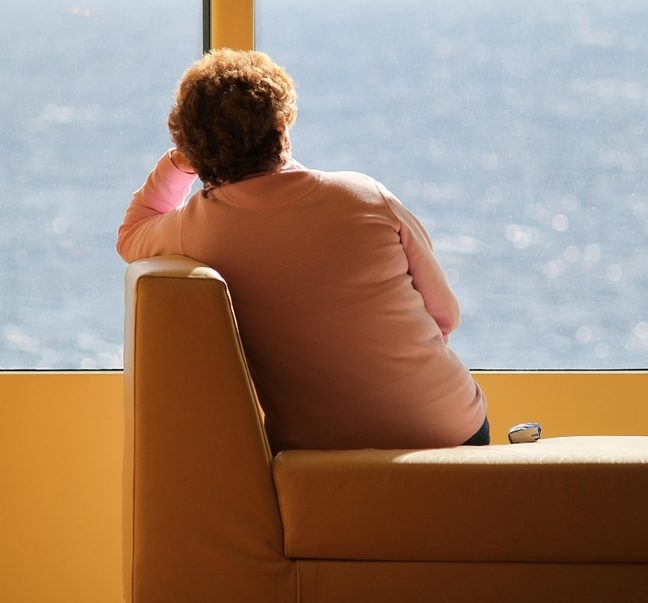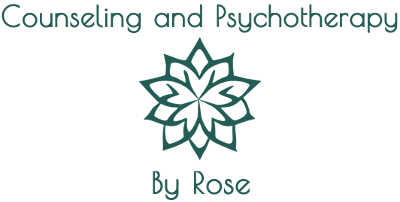The Shared Trauma of 9-11

On this infamous day eleven years ago, we each experienced something shockingly terrible. Many of us vividly remember seeing the plane going into the towers, the towers crashing down, the people running through the streets of New York with clouds of dust engulfing everything behind them, people drowning in their tears and grief after losing their loved ones. The terrorists truly did cause terror in our hearts. We were afraid of imminent future attacks, realizing how vulnerable we really were. We brought our loved ones close, feeling grateful that they were still alive, tinged with empathetic devastation we felt with those who lost.
This was trauma.
What did you do when faced with this traumatic event? Some people watched the footage repeatedly – unconsciously trying to numb themselves, make sense of the situation, or dive into the emotion in order to process it. Daily coverage of the suffering played incessantly on our television screens. Some moved from shock and disbelief to anger, depression, overwhelming fears, isolation, escapism. Relationships were destroyed. Relationships were deepened. Wars were started.
Eleven years have now passed. Since we all shared this trauma together, we have generally been able to understand each other’s pain and talk about it with each other. We can generally empathize with those for whom the memories still pierce their hearts like a sword or crunch their stomachs into little balls. For many of us, we still feel those memories viscerally, and anniversaries like today seem to give us permission to let some of that out. Those around us get it. We all get it.
This shared sense of trauma can be amazingly healing. What happens, though, when we experience trauma by ourselves – when we are the only person suffering while everyone else seems happy? What do we do with that pain? Where does it go? Unfortunately, most traumas – from war to childhood abuse to difficult breakups – are experienced alone. Many, especially children, are disbelieved, ignored, or told to “get over it.” Many simply do not want to burden anyone else with their overwhelming emotions, so they consciously or unconsciously bury them. The pain gets buried under all sorts of things – beliefs, escapes, denial – we dive into work, relationships, pleasure, drugs or alcohol, with a gravestone reading “I’m over it.” But unprocessed pain has a way of coming back to life.
With 9-11, we notice that certain things “trigger” these memories in us. The triggers can be obvious, like memorial services, or more subtle, such as a sense of anxiety if we see a plane flying close to a building. Since we have had many national and private dialogues about 9-11, these triggers are easier to spot and easier to process.
With trauma we experience by ourselves, however, these triggers can be almost impossible to detect and even harder to process on our own. These triggers may be an anniversary we consciously forgot, our child reaching the same age we were when we experienced the trauma, or meeting someone with a similar voice as someone who broke our heart. One way to detect our triggers is to pay attention to overreactions. If the guy we didn’t like on that date doesn’t call, and we are devastated… maybe we are actually re-experiencing the rejection from our traumatic breakup a few years ago. Maybe even that devastation was largely a re-experiencing of the traumatic rejection from our father in childhood. Traumatic events have magnetism, and triggers can pull all of them back up to the surface.
Just like the terror and hopelessness we felt on 9-11 has diminished as we processed them through time, these private traumas can also heal. The solution is not to forget, but to process the experience safely until we can remember without having to push down or re-experience the pain. It is also important to remember, when someone else is reeling from their own trauma, how it felt for you eleven years ago. Just like yours, their pain may need to be shared, accepted, and respected.
If you are struggling with depression, anxiety, dysfunctional relationships, or substance abuse, there might be unprocessed trauma lurking under the surface. If so, I encourage you to find someone to talk with who is trained in helping trauma survivors process their experiences to truly keep them from popping up again and again in your life. It is possible to move past those experiences and, while remembering them, be able to experience the present for what it is.
Rose Hickman Smith is a psychotherapist in private practice in Marina del Rey and virtually throughout California. She can be reached through the “Contact Me” link on this website.

